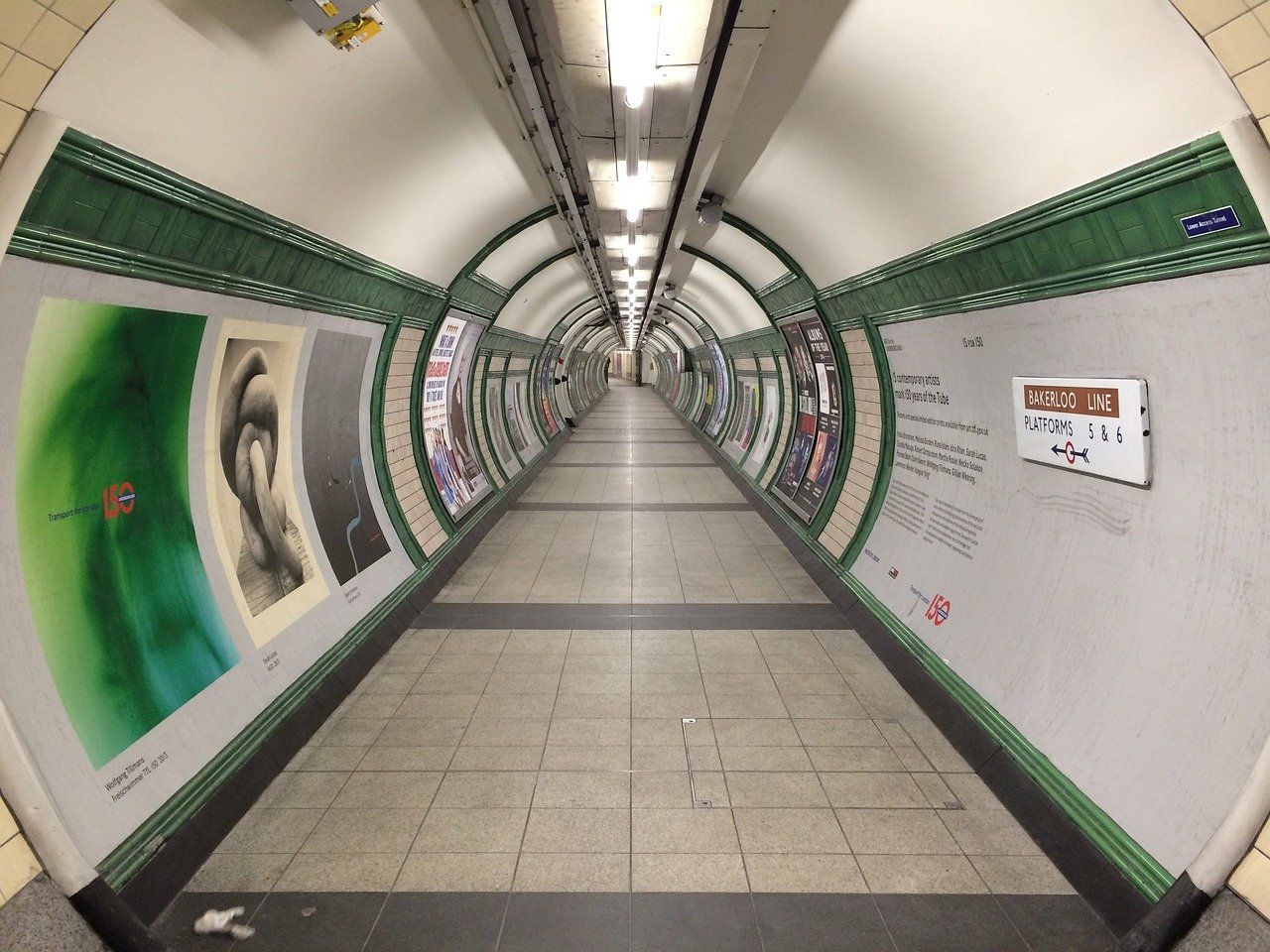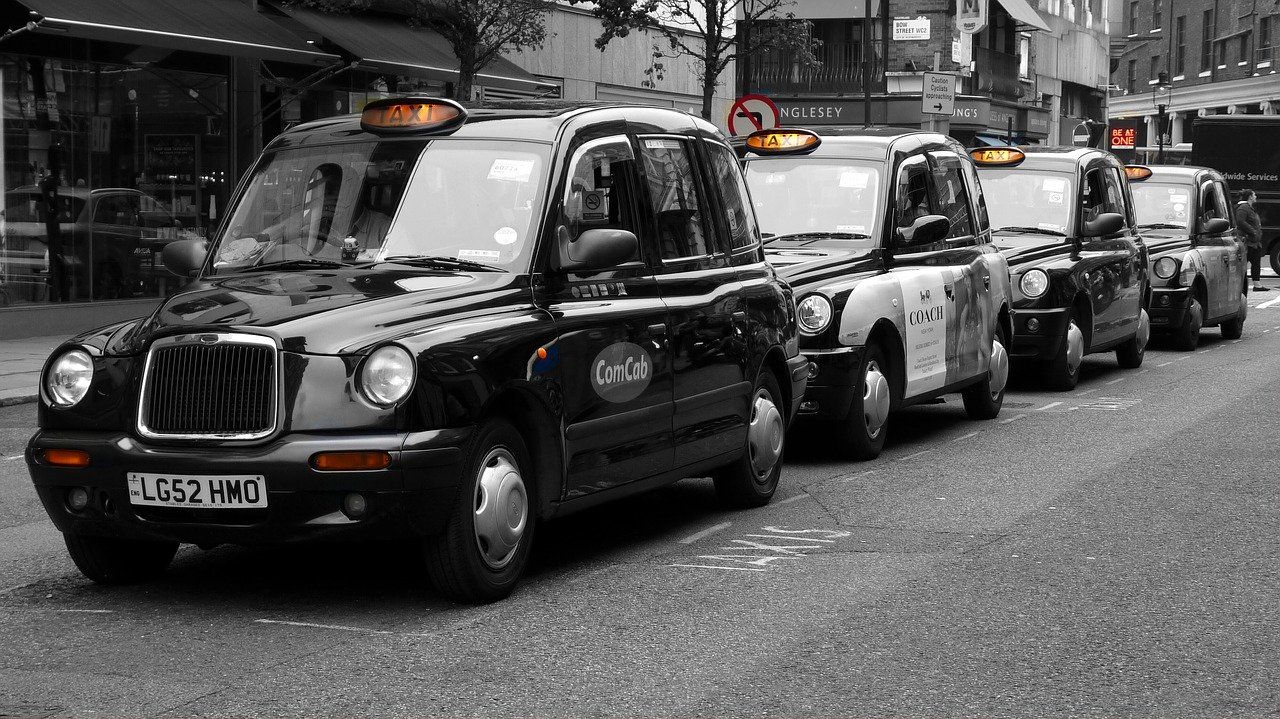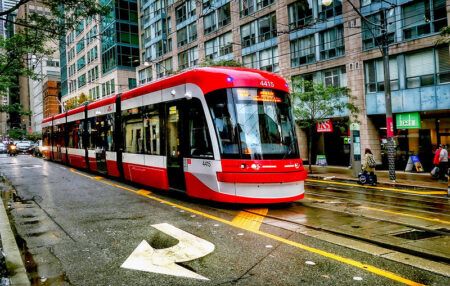Safa Alkateb, CEO of taxi technology company Autocab, gives his view on the challenges faced by public transport providers and how the private hire industry needs to adapt to a Covid-19 world
As restrictions are eased and the public returns to some sense of ‘normality’, how we travel is likely to change dramatically. In the UK, the government’s original advice was to avoid public transport use where possible – but we’re starting to see demand for these services return.
Stats from the Department of Transport show usage of the Tube was back up to 21% in July, as opposed to the single digit figures seen between March and May. And in the EU, guidelines have been set out by the European Commission to safely restore transport services.
With people getting back on the move, transport operators now face the task of ensuring they have taken all necessary safety and hygiene precautions to protect passengers. Clear guidance will also be essential to restore the public’s confidence.

Existing regulation
The way public transport operates will be different post-coronavirus. All modes of travel will need to be deep cleaned regularly and service schedules will likely change to allow for social distancing. And, we’ll certainly need to avoid crowding on trains and buses at peak times.
Guidance on safe travel for passengers and drivers also needs to be ironed out but, currently, there is a lack of consistency when it comes to regulation throughout the industry.
While the government has made wearing a facemask mandatory on trains, buses and trams in England, this is not the case when taking a taxi, for example – it’s only advisory.
When it comes to what a safe taxi journey looks like, there is no consensus on what precautions must be taken to protect drivers and passengers from local authorities either. Procedures differ by region, leaving many operators uncertain and left to make their own decisions.

Working together
If we are going to rebuild confidence, then it is key that we have clarity across the board – if that guidance isn’t coming from the authorities then the industry itself must take the initiative.
And that’s just what’s happening. We’ve already seen the taxi industry – operators, technology providers and trade bodies – working together to take the issue of safety into their own hands. More than 250 taxi firms have signed up to the Taxi & Private Hire Safety Charter, which has established a set of rules around hygiene that firms and drivers must adhere to.
These include vehicles being regularly deep cleaned, hand sanitisers being made available to drivers and passengers as well as card payments being offered via an app or other contactless method.
This coordinated approach will play a huge part in restoring public trust and encourage people to start using services again.

Looking ahead
As an industry, the goal has always been to increase convenience for travellers and commuters. But, as a result of the pandemic, this will be harder to achieve. People can’t just jump on any mode of transport without a second thought.
What’s more important right now is clear communication. People need to know the schedules, the expected etiquette and, especially in the case of taxis and private hire, what precautions are in place.
That’s not to say we can’t work towards providing convenience as well though. The long-term direction of the transport industry is to move towards Mobility-as-a-Service (MaaS), which will consolidate all modes of transport so travellers can get themselves from A to B (anywhere in the world) as easily as possible – with everything controlled through a simple app on their phone.
This long-term goal hasn’t gone away. If anything, the need to provide people with information through this type of MaaS app has only become greater. To achieve this, we’ll need cooperation across the industry – with different services and providers working together and sharing data.
We were already starting to see this happen before the pandemic. And, the desire to collaborate to support the greater good has only grown during this period. So, I expect to see this continue and even accelerate, as we all pull together to get the wheels of the economy moving again.
Autocab is a mobility platform that connects applications, people and processes, to empower private hire taxi firms to maximise revenue through increased passenger bookings and to drive operational efficiencies, while decreasing costs and driver churn.





